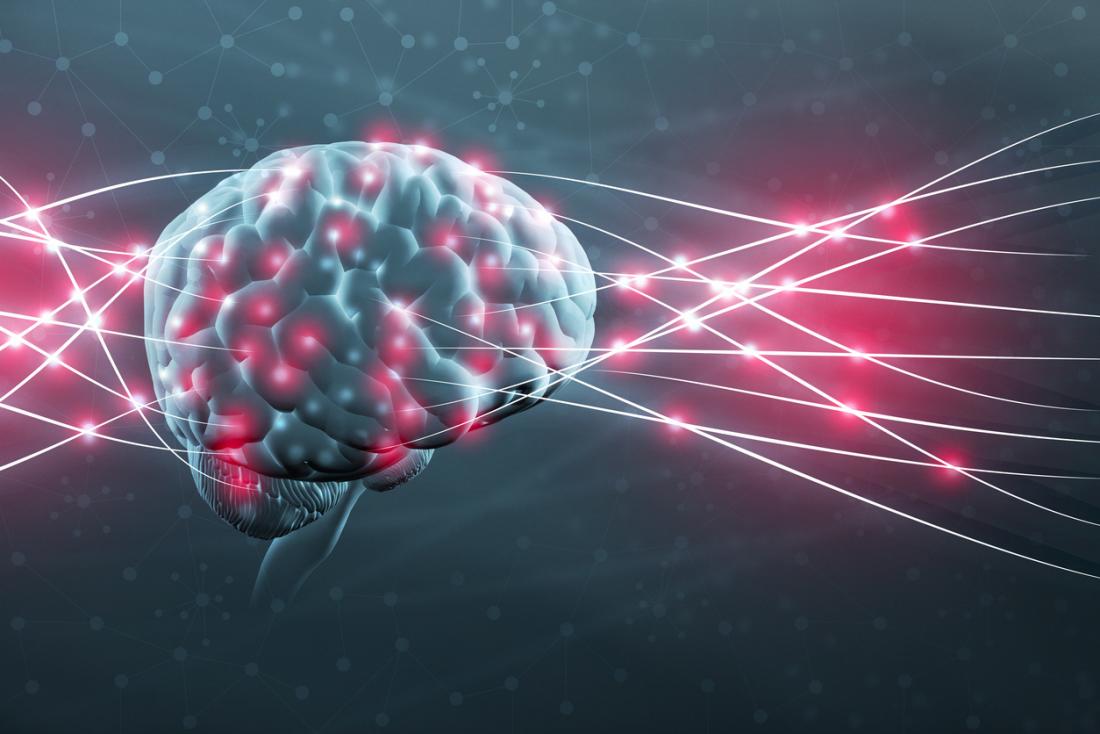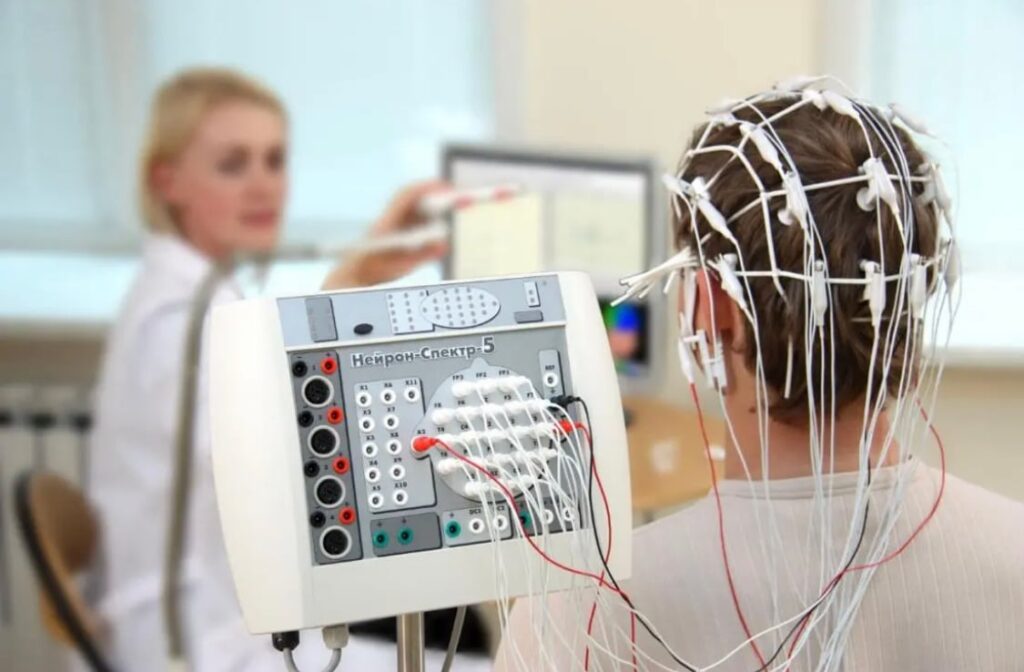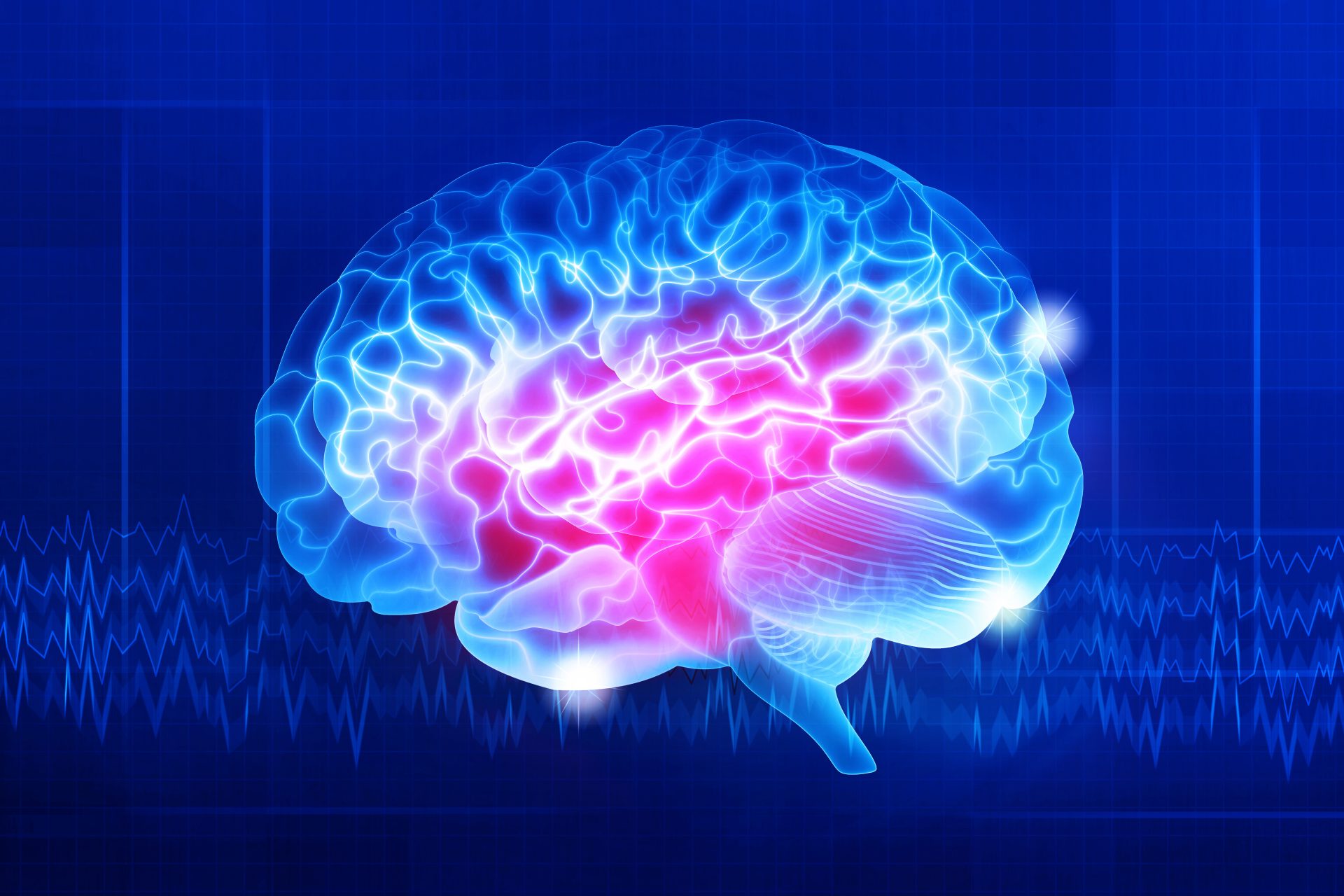
Seizures and Epilepsy
Seizures and epilepsy are often used interchangeably, but they are not the same thing. Seizures are sudden and abnormal electrical activity in the brain that can cause changes in behavior, consciousness, movements, or sensations.

Understanding Neuroplasticity
It is defined as the ability of the nervous system to change its activity in response to intrinsic or extrinsic stimuli by reorganizing its structure, functions, or connections after injuries, such as a stroke or traumatic brain injury (TBI).

Epilepsy Myths
Epilepsy is a neurological disorder that affects millions of people around the world. Despite its prevalence, there are still many myths and misconceptions about epilepsy that persist in society.

Spine Injuries
A traumatic spinal cord injury may happen because of a sudden blow or cut to the spine. A spinal cord injury often causes permanent loss of strength, sensation and function below the site of the injury.

Head Injuries
A head injury is any trauma to the scalp, skull, or brain. Head injury can be either closed or open (penetrating). A closed head injury means you received a hard blow to the head from striking an object, but the object did not break the skull.

Functional Neurosurgery
Functional Neurosurgery refers to chronic neurological disorders that interrupt a person's day-to-day function or abilities. This broad term can refer to several conditions, including chronic pain and movement disorders such as: Parkinson's disease. Tremors.



















